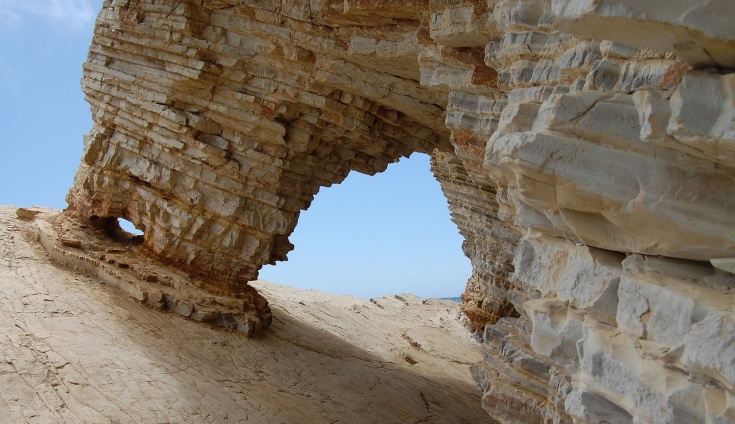

The attributes of carbonate fillers that determine their usefulness are particle size, whiteness, and mineralogical and chemical purity. Production of fine calcium carbonate may be achieved by either wet-grinding natural limestone (GCC) or by chemical precipitation (PCC).
Their main application areas are for paper, paint and plastics, where carbonate is used for functional fillers to reduce costs, while maintaining physical attributes such as colour.
Different carbonates are used for different applications, depending on their attributes. For example, around 15-20% loading of chalk is commonly used in UPVC drain pipe, whereby the grain shape (aspect ratio) improves mechanical properties such as tensile strength. Other uses, such as food additives and pharmaceutical, rely on the chemical purity and consistency.
PCC is typically used in paper manufacture, with growing markets in paint and polymer. Dolomites are typically used in applications demanding high brightness and superior hardness such as paints and tiles adhesives. Marble is a metamorphosed (geological) limestone, which results in higher brightness and hardness, which is ideal for particularly demanding applications such as specialty paints, thermoset polyesters, acrylic sealants and food additives.
All packaged products are available from 25kg bags - 1500kg bulk bags from our central store. Read more about packaging and lead time.
Minerals Marketing Limited
Chemical Composition |
Carbonates are typically composed of carbonate ions (CO₃²⁻) combined with metal ions such as calcium, magnesium, or sodium. |
Occurrence |
They are commonly found in various geological environments, including sedimentary rock formations such as limestone and dolomite. |
Solubility |
Carbonates generally have low solubility in water but can dissolve in acidic conditions, leading to the formation of carbonic acid. |
Reactivity |
They readily react with acids, releasing carbon dioxide gas, which is the basis for their use in many antacid preparations. |
Appearance |
Often exhibit a range of colours and can form crystalline structures, which makes them significant components in both industrial applications and the natural world. |
Minerals Marketing Limited
All packaged products are available from 25kg bags - 1500kg bulk bags from our central store. Read more about packaging and lead time.
Lead times are two days for all bagged products. For blending or specialist requirements, lead times will be agreed in advance for your convenience.
For most bulk products, next day deliveries are available through our streamlined bulk tanker/tipper service.
Read more about packaging and lead time.
All packaged products are available from 25kg bags - 1500kg bulk bags from our central store.
Read more about packaging and lead time.
Carbonates are salts of carbonic acid, characterised by the presence of the carbonate ion, CO₃²⁻. They are commonly found in minerals like calcite and dolomite.
Where are carbonates commonly found?
Carbonates are predominantly found in sedimentary rocks such as limestone, and are also present in soils and the oceans.
Carbonates play a crucial role in the rock cycle, acting as a major component of sedimentary rocks and helping record Earth's history through fossilisation processes.
Carbonates contribute to water hardness when present as calcium or magnesium carbonates, affecting soap efficacy and potentially leading to the build-up of limescale in pipes.
Products
Get in touch
Minerals Marketing Limited
Sales, information, technical advice & quotes